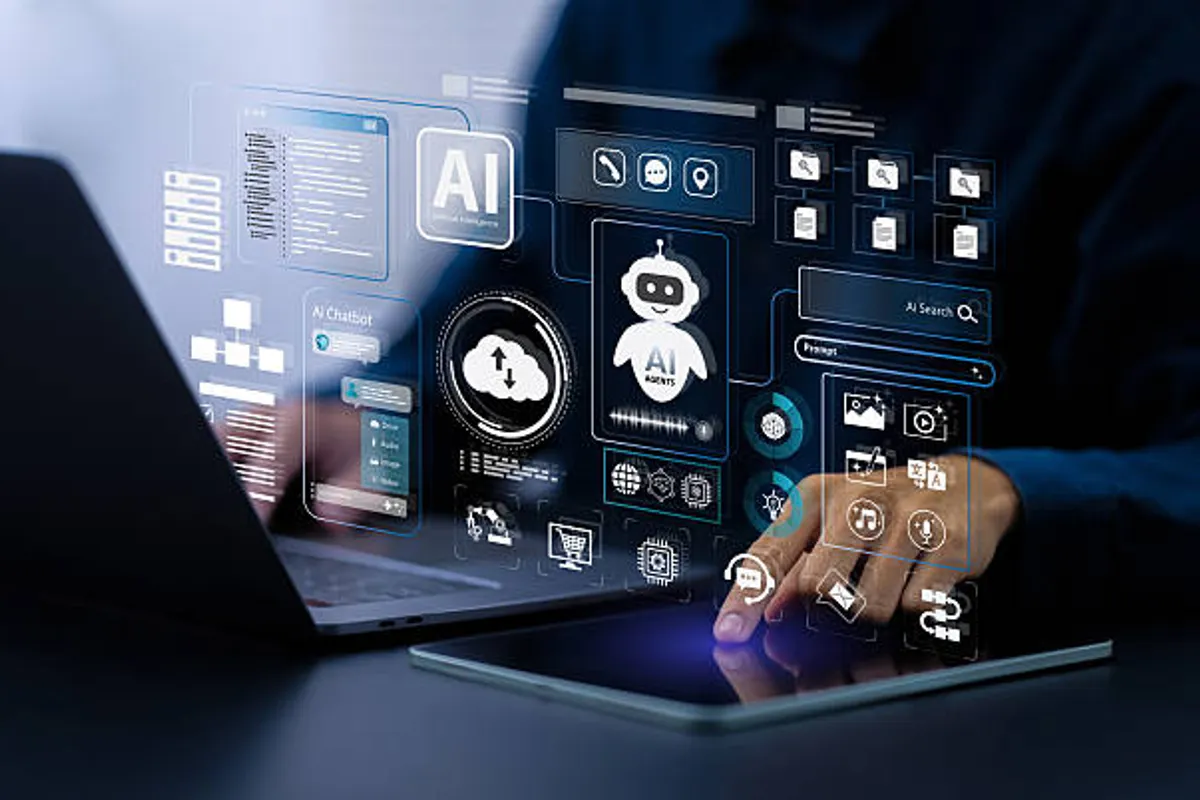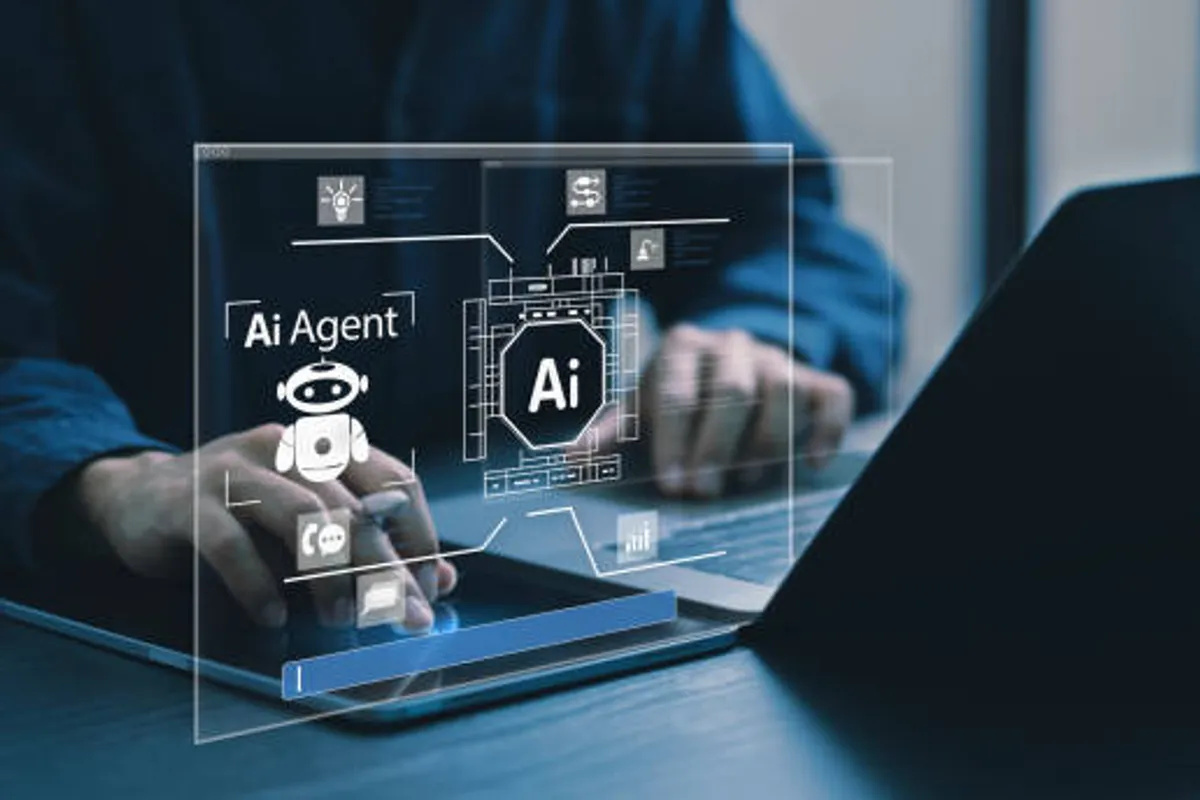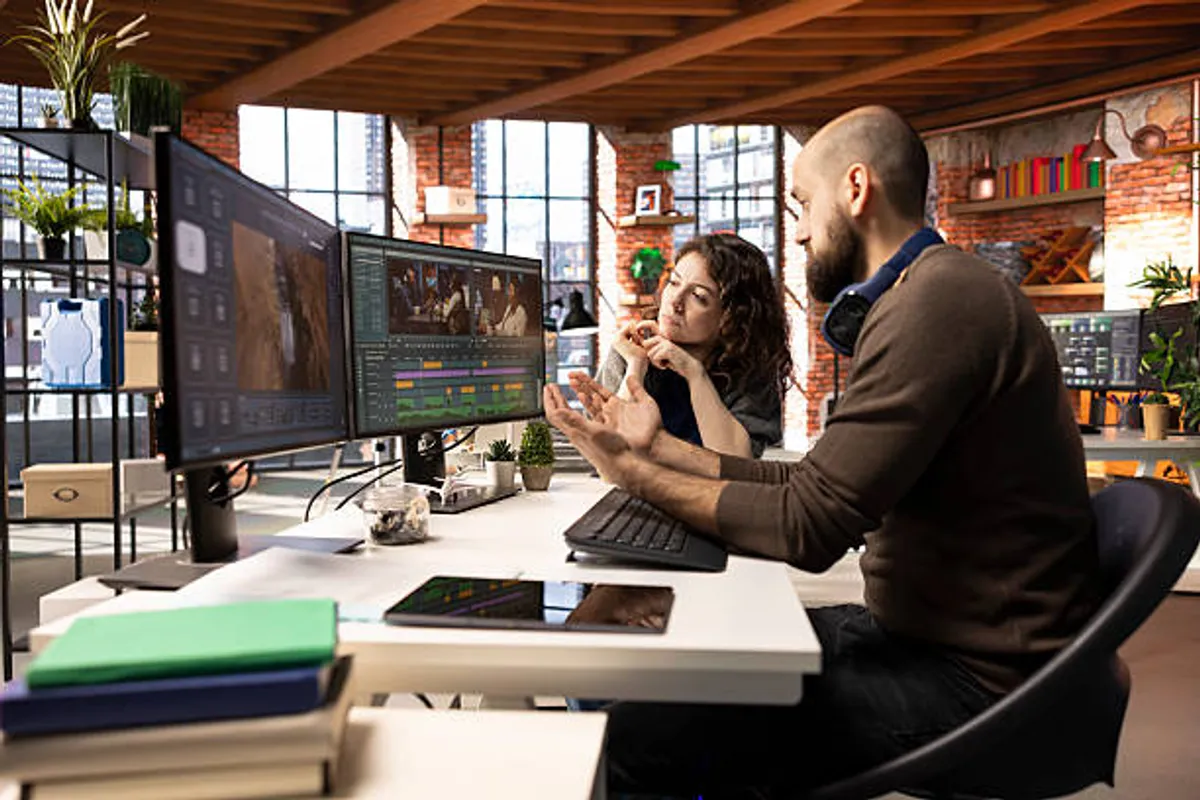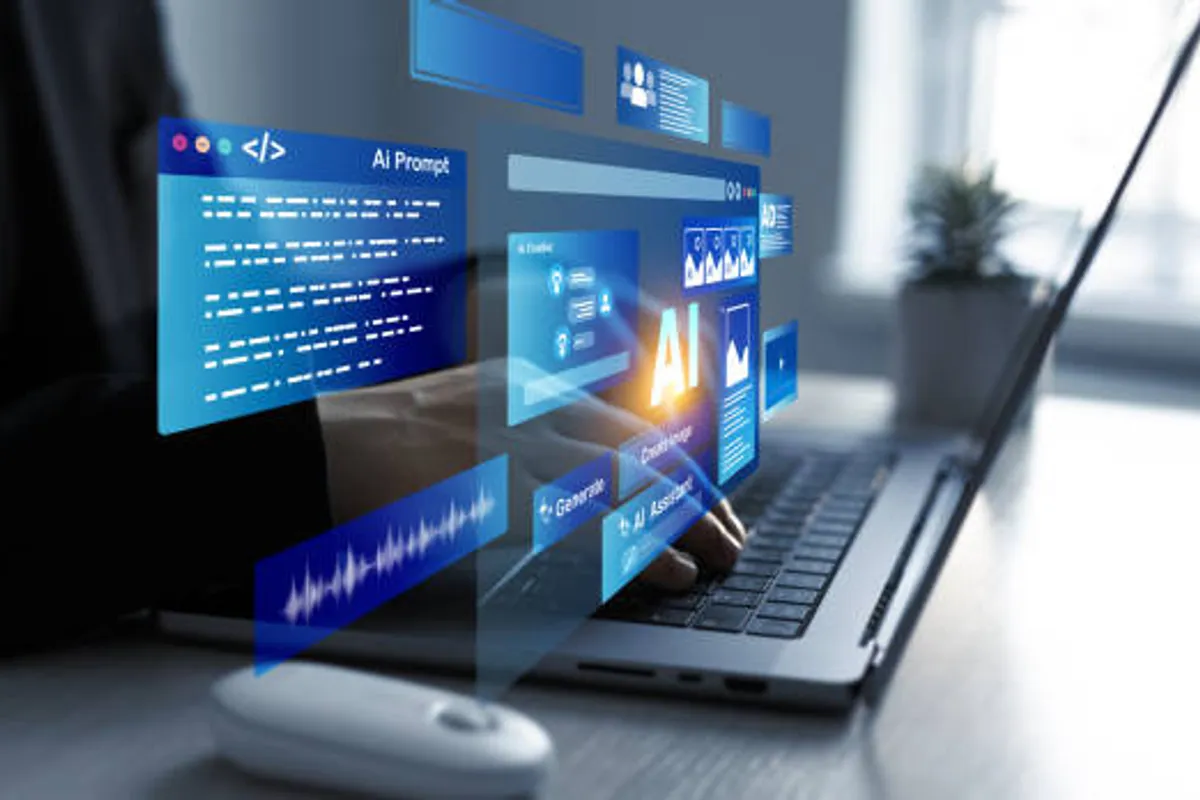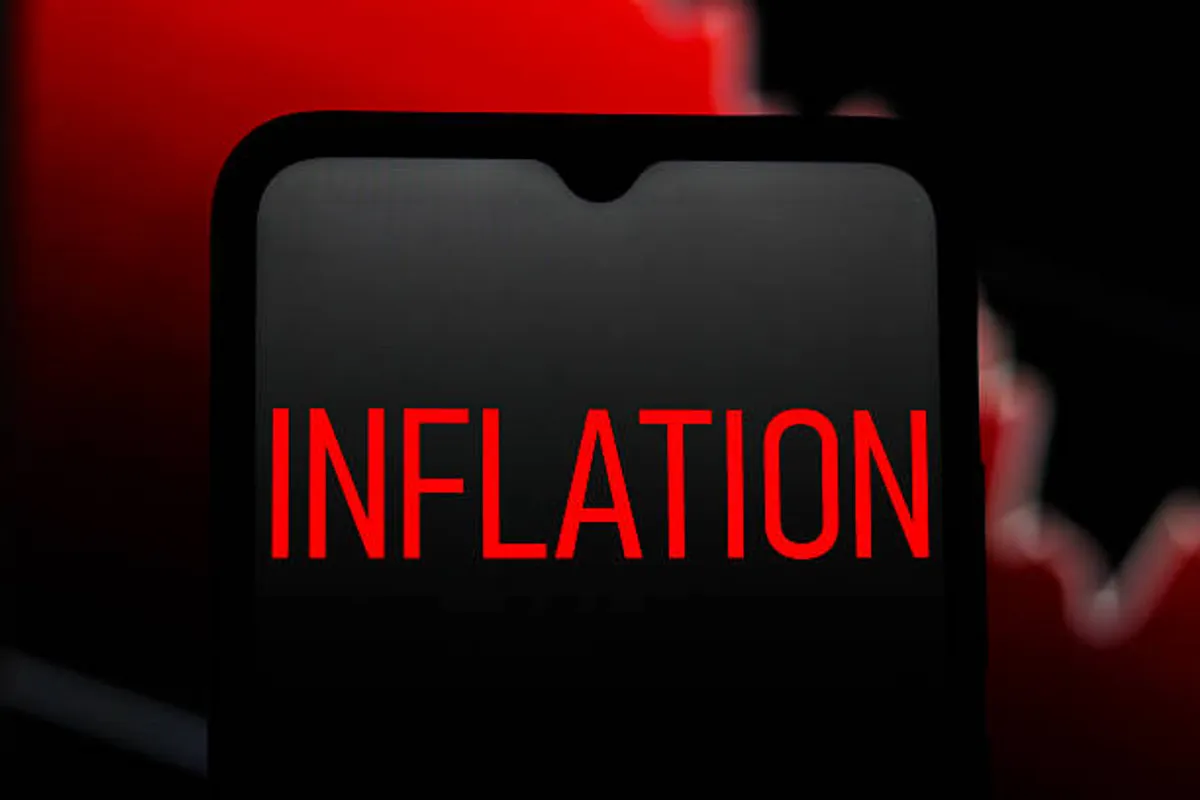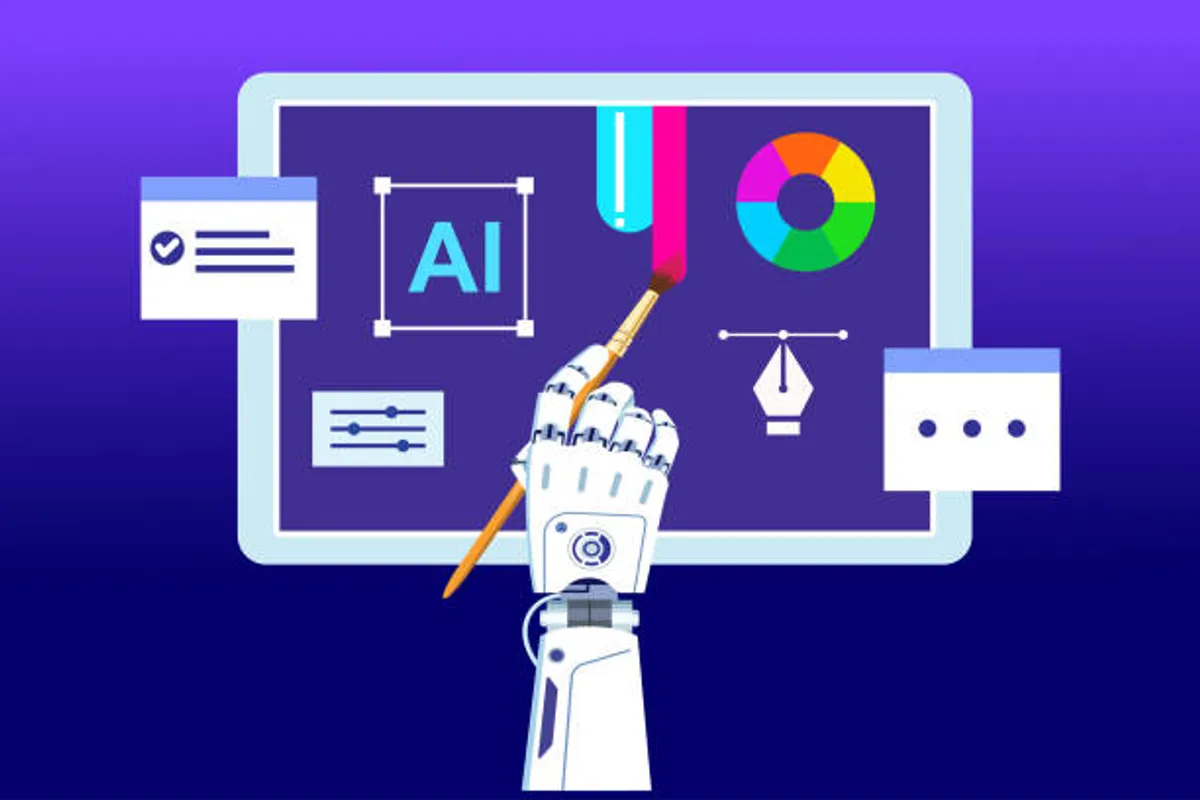WTO Report Highlights How Artificial Intelligence Could Reshape Global Trade

GeokHub
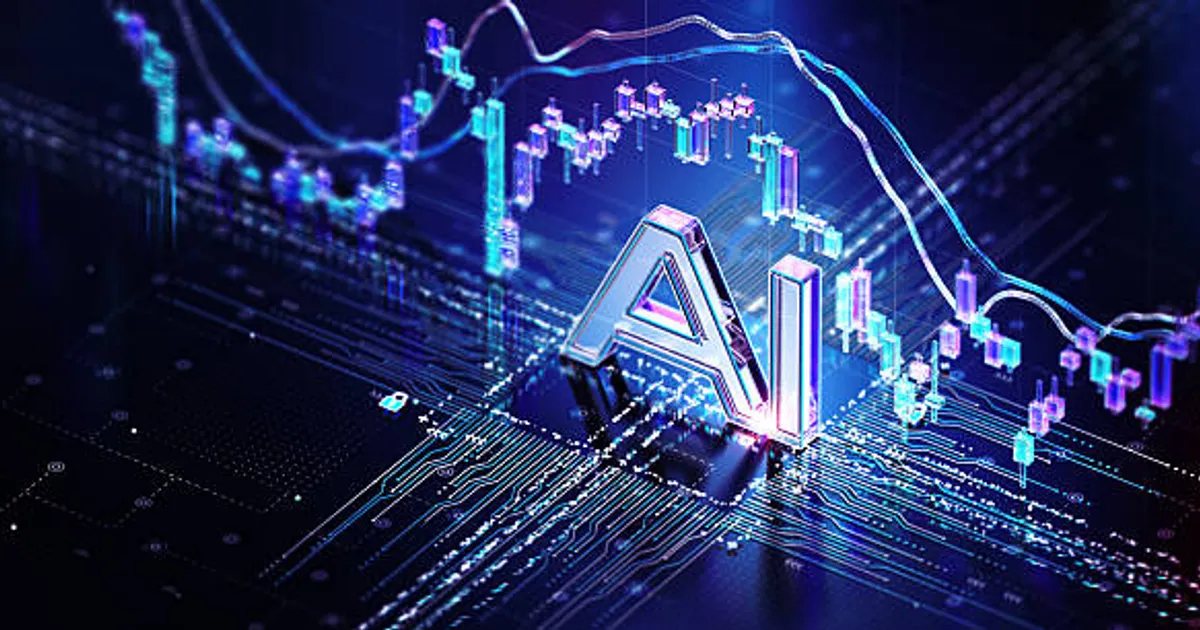
The World Trade Organization (WTO) has released a new report examining the potential impact of artificial intelligence (AI) on the global trading system. According to the study, AI technologies are poised to transform how goods and services are produced, distributed, and regulated across international markets.
The WTO report emphasizes that AI is not just a tool for efficiency but a force capable of redefining supply chains. From predictive logistics and automated customs procedures to smarter contract management, AI could reduce delays and lower costs for businesses engaged in cross-border trade. The technology is expected to accelerate decision-making, streamline processes, and open new opportunities for emerging economies to participate in global markets.
Opportunities for Developing Nations
One of the report’s central arguments is that AI could help level the playing field. Developing countries with limited infrastructure may benefit from AI-driven tools that simplify compliance with international trade rules. For example, automated translation services and AI-based quality checks could reduce barriers for small exporters seeking to enter foreign markets.
Risks and Challenges
Despite the optimism, the WTO also warned of potential downsides. Widespread automation could disrupt labor markets, particularly in sectors reliant on routine tasks. Additionally, unequal access to AI technologies may widen the gap between advanced economies and those still struggling with digital infrastructure. The report stresses the importance of policies that ensure inclusivity, data security, and fair competition.
Regulatory Considerations
AI’s role in global trade also raises regulatory questions. The WTO underscored the need for international cooperation on issues such as data governance, intellectual property, and ethical standards. Without clear frameworks, disparities in AI adoption could lead to conflicts over trade rules and digital sovereignty.
The Bigger Picture
This analysis reflects growing recognition among global institutions that technology is becoming a defining feature of trade policy. Just as containerization revolutionized shipping in the 20th century, AI may become the backbone of commerce in the 21st century.
